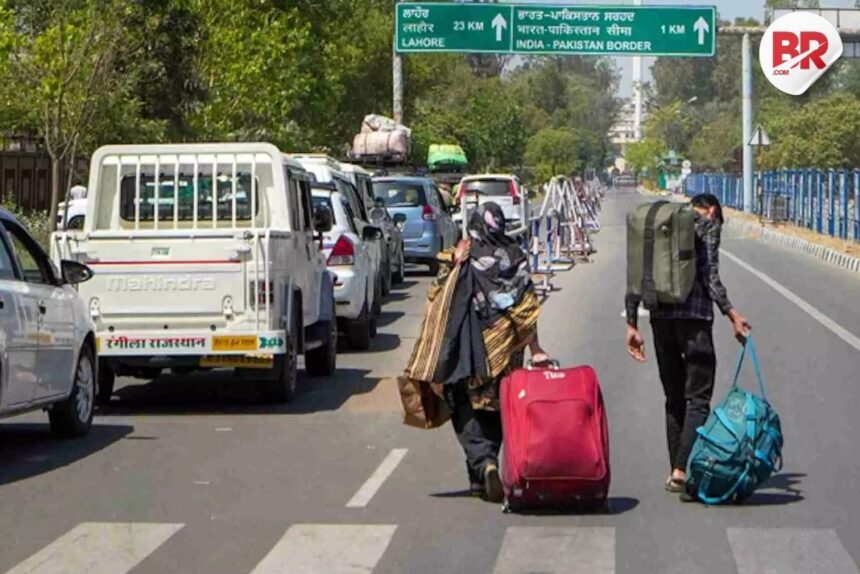In a bold move following the brutal terror attack in Pahalgam, India has suspended all Pakistan postal services, halting cross-border letters, parcels, and small trade.
This decision, made just days after the attack, marks yet another hard-line step in India’s evolving policy toward its western neighbour.
Why This Matters to You
It’s easy to dismiss mail as old-school, but for many Indians with family or business ties across the border, Pakistan postal services were a lifeline. Letters, gifts, legal documents—even small exports—flowed through this channel. Now, with one bureaucratic order, that bridge has been burned.
No more handwritten letters crossing the Wagah border. No care packages from Punjab to Lahore. No proof of life in a sealed envelope. In today’s digital world, it may seem minor—but for thousands, it’s personal.
What Triggered This Move?
The Pahalgam terror attack, where Indian security personnel were ambushed, was the final straw. While the details are classified, intelligence reportedly traced the attackers’ links to Pakistan-based terror outfits. In response, India isn’t just raising its voice—it’s shutting down conduits of civility.
This isn’t the first retaliatory measure either. Within 48 hours of the attack, India banned the import of all Pakistani goods, effectively choking any formal economic connection. The halt in Pakistan postal services only deepens that freeze.
Also Read India Just Hit Pakistan Where It Hurts Most—And It’s Not on the Battlefield
Symbolic, But Strategic
At first glance, stopping mail may feel like a soft response. But in diplomacy, every gesture counts. This move sends a clear message: India won’t normalize ties while terrorism remains normalized across the border.
Even during past crises, India kept basic services open. Cutting this off signals a new phase. We’re not just offended—we’re done being polite.
Indian government suspends all postal services with Pakistan with immediate effect #IndiaPakistanWar #India #Pakistan #Ourrajkot #Rajkot #Gujarat #PakBehindPahalgam pic.twitter.com/k25m8pvl5O
— Our Rajkot (@our_rajkot) May 3, 2025
Economic and Social Impact
Let’s be clear: India doesn’t depend on Pakistan economically. In 2022-23, total trade between the two countries was under $1 billion. Compare that with India’s $800+ billion total global trade, and it’s clear this is more about principle than profit.
That said, some small Indian businesses that exported goods—textiles, ayurvedic products, and books—to Pakistan will feel the pinch. But many also see this as an opportunity: fewer imports mean more room for Indian goods in the domestic market.
Diplomatic Fallout
India’s suspension of Pakistan postal services is more than a delivery issue—it’s a diplomatic reset. No channel of communication, however minor, is being left untouched. Letters aren’t crossing, and neither is patience.
This isn’t the first time India has used non-military tools to make a point. In 2019, after the Pulwama attack, India revoked Pakistan’s Most Favoured Nation (MFN) trade status. Each time, the message is clear: actions have consequences.
“We are redefining how we respond. Silence can be louder than speeches—and sometimes, stopping the post says more than any press conference.” – Former Indian envoy, quoted by The Hindu
So, What Happens Now?
In the short term, ties between India and Pakistan are expected to remain tense. There’s no indication that postal services will resume anytime soon. Nor should they—not until cross-border terrorism stops being a strategy.
Long-term? That depends on what Pakistan does next. The ball’s in their court. Until then, India has made it clear: we’ll talk when there’s something worth saying. Until then, “No letter is the loudest reply.”




